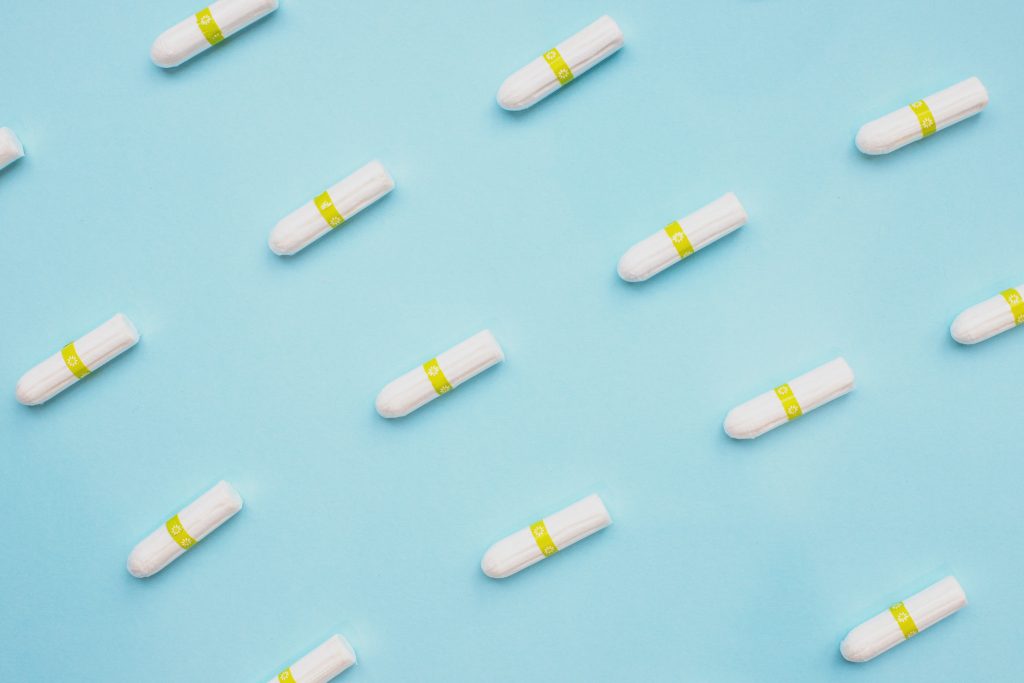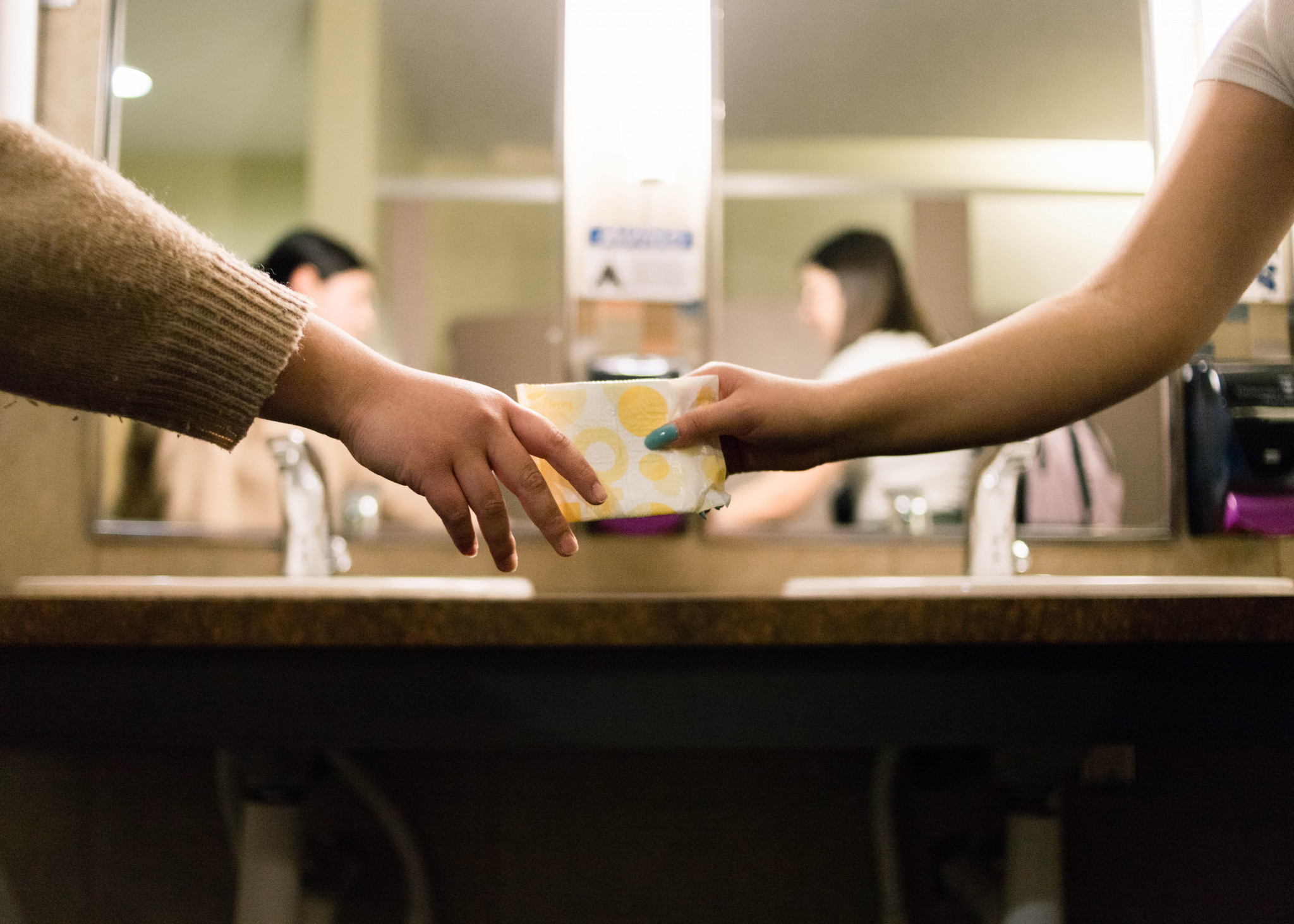Let’s think back to menstruaters spending £3,000 over their lifetime on period products.
Tell me, what do you do if you don’t have the £3,000? What do you do if there are no shops nearby selling these products? Or their prices are extortionate? What if you’re homeless? Or if you’re not educated on menstruation, and don’t know what to do?
Here’s the answer: you make do with nothing and you suffer for it.
Without access to menstrual products and safe, hygienic places to use them in, menstruaters across the world, and particularly school girls, are not only risking their health, but also their wellbeing, education and lives.
Only last year, the price of sanitary products in Lebanon rose 500% after the plunge in value of the Lebanese pound. In rural western Kenya, a study found that 10% of girls aged 15 or below have used transactional sex in order to access menstrual pads. And in two Tamil Nadu villages in rural India, 84% of the girls there reported experiencing “fear, panic, and confusion” during their first menstruation because they hadn’t been taught what menstruation is or how to prepare for it.
These are all kinds of period poverty: a lack of access to sanitary supplies, facilities and menstruation education.
But they don’t just happen in third world countries or rural areas, where populations live on under a dollar a day. Period poverty is a global problem. To bring it closer to home, this article from the Royal College of Nursing reported that as of 2017, 1 in 10 girls in the UK are unable to afford menstrual products; 1 in 7 have to borrow products from a friend due to affordability issues; and 1 in 10 have to improvise sanitary wear.
It is estimated that currently over 137,000 children across the UK have missed school days due to period poverty.
So what do we do about this? What is there to do?
For starters, in the UK, the “tampon tax” – AKA the 5% VAT charge on menstrual products – was abolished in 2021 due to pressure on the government. Further, in 2020, Scotland was the first country in the world to make period products totally free. Countries like New Zealand, South Africa and Zambia provide free sanitary products for schools, with the latter sending them specifically to rural communities and reporting an increase in school attendance since the measure went into effect.
So, there’s one answer: free period products made easily accessible for anyone who needs them.

The second answer is education. By providing an education and understanding of menstruation, we help to normalise it. For example, in India, there is a common practice to consider women “impure” and “unclean” during menstruation. As a result, menstruating women are stigmatised and prohibited from entering kitchens, participating in prayer and touching holy books. These acts, combined with a lack of access to sanitary products, leads to girls hiding their products or using and reusing wash rags or cotton cloths as an alternative. With over 163 million people in India lacking access to clean water, and girls hiding their cleaned rags in dark corners to keep out of sight of men and boys, there is a massively heightened risk of infection.
With a decreased stigma on menstruation, the risk goes down too.
Luckily, there are organisations around the world fighting to end period poverty. Menstrupedia, for example, works to teach school girls globally about menstruation and normalises it through the use of comics, while Bloody Good Period aims to provide products, teach and campaign for better access, with a special focus on asylum seekers in the UK who are not given automatic and easy access to products. Freedom4Girls is a registered UK charity fighting period poverty and Period Poverty is working to eliminate the problem within the UK’s most deprived communities by 2025.
PERIOD is trying to provide products for shelters and end the tampon tax in the US while Dignity Period is focused on helping school girls in Ethiopia due to their high school dropout rates caused by menstruating, and aims to bring this work to the US.
So, what can you do?
If you have money to spare, any of the above organisations (and more, just go searching) are accepting donations. If you don’t, you have something else: the ability to help normalise menstruation and push for change.
Periods are a normal thing; help people who menstruate by acting like it.
Further reading:
Period Power: A Manifesto for the Menstrual Movement by Nadya Okamoto
TedTalk: A taboo-free way to talk about periods by Aditi Gupta (the co-founder of Menstrupedia)
Periods Gone Public: Taking a Stand for Menstrual Equity by Jennifer Weiss-Wolf
Bodyform’s guide to period poverty
The United Nations Population Fund’s Menstruation and Human Rights FAQ
By Bethany Climpson, Sustainability Engagement Assistant
 Sustainability
Sustainability Bethany Climpson
Bethany Climpson 1396
1396


